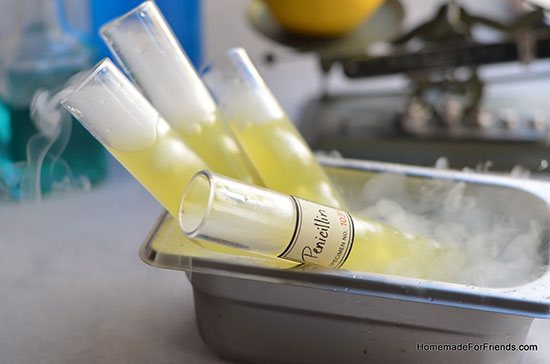Research
Fleming's accidental discovery and isolation of penicillin in
September 1928 marks the start of modern antibiotics. Before that,
several scientists had published or pointed out that mould or penicillium sp.
were able to inhibit bacterial growth, and even to cure bacterial infections in animals.
Ernest Duchesne in 1897 in his thesis "Contribution to the study of vital competition in
micro-organisms: antagonism between moulds and microbes",[19] or also Clodomiro Picado
Twight whose work at Institut Pasteur in 1923 on the inhibiting action of fungi of the
"Penicillin sp" genre in the growth of staphylococci drew little interest from the direction
of the Institut at the time. Fleming was the first to push these studies further by isolating
the penicillin, and by being motivated enough to promote his discovery at a larger scale.
Fleming also discovered very early that bacteria developed antibiotic resistance whenever
too little penicillin was used or when it was used for too short a period. Almroth Wright
had predicted antibiotic resistance even before it was noticed during experiments. Fleming
cautioned about the use of penicillin in his many speeches around the world. He cautioned
not to use penicillin unless there was a properly diagnosed reason for it to be used, and
that if it were used, never to use too little, or for too short a period, since
these are the circumstances under which bacterial resistance to antibiotics develops.

 More info
More info

 More info
More info